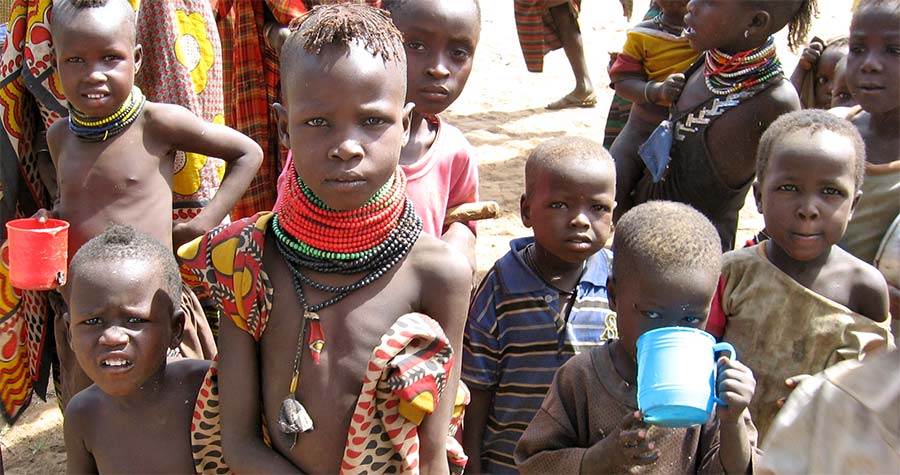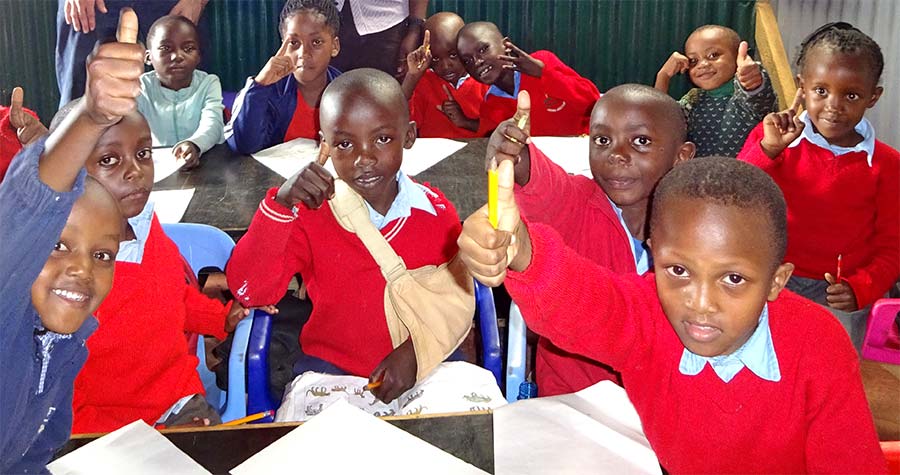

The first five years of your life has everything to do with how you turn out as an adult. From brain development and good nutrition, to play and imagination building, those early years set us up for success in later life.
FACTS – Across the world, according to UNICEF:
- More than half of all 3 to 6-year-olds (159 million children) have no access to pre-primary education.
- Children living in the poorest households are up to 10 times less likely to attend pre-primary than those in the richest.
- Among 3 to 4-year-olds, children in the richest households are almost six times more likely to attend an early childhood education program than children from the poorest.
- Only 25 per cent of children are developmentally on track in reading and math, which dampens their prospects for school success.In an attempt to counter the lack of educational investment in many of the world’s poorest regions, The Ed Colina Foundation steps in to fund educational opportunities in some places where government and other humanitarian organizations can or will not.
Kibera School

To address the need for early childhood education in Kenya, over the last eleven years, The Ed Colina Foundation founded and oversaw ten preschools in and around the Nairobi, Kajiado and Athi River areas. After mentoring these schools for three to five years, the institutions themselves became self-supporting and we were able to leave the school in the capable hands of local Kenyan leadership and school committees.
The Foundation’s model school, “Little Sky” ECDE school in the Kibera Slum, remains a growing and vibrant educational community. The Foundation continues to provide education, as well as food, for its close to 240 students. More
Kakuma Classrooms

Education in Turkana is made more difficult due to the pastoral tradition of many families. The need for grass and water for family goats and cows necessitates being on the move throughout the school year. Those mothers and children remaining behind are often left behind without food and clean water. School fees are difficult to come by and early childhood education is not well-known by these families.
Non-Kenyans in the nearby Kakuma Refugee Camp are provided educational benefits but these are not afforded members of the Kenyan host community. Some Turkana communities have initiated informal learning situations, where young preschoolers walk long distances and gather with an adult under a tree. In these informal settings there are no classrooms, desks, educational materials or food.
Over the years, the foundation has made contributions to educational and medical efforts in Kakuma, building iron-sheet structures, purchases of medical equipment and hospital bedding. In cooperation with local faith groups, the Ed Colina Foundation hopes to begin construction of classrooms in remote areas of Kakuma, in Northern Kenya in 2018. More